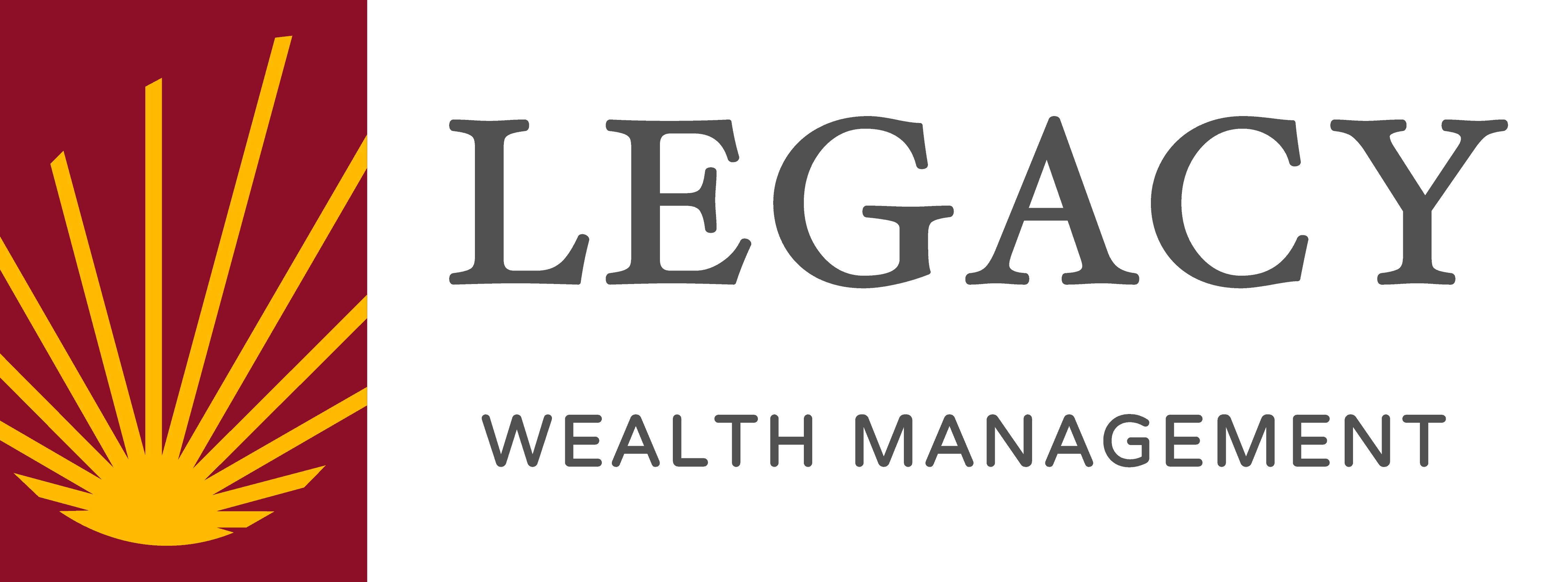One of the greatest gifts that you can give your family…..
While many find it anxiety-provoking to think about, creating a legally binding plan to distribute your assets after your death ultimately provides you with peace of mind. You can rest easy knowing that your wishes will be carried out as you have requested. In addition, it has been my experience that having a complete estate plan is one of the greatest gifts that you can give your loved ones
Some folks prefer a DIY, or do-it-yourself approach, but this may not be the best option for everyone. One reason is because each state has its own set of laws and requirements. You can find various templates online, but some of the documents may fall short of their claim to meet your state’s requirements.
It is crucial that your estate plan meets your state’s legal requirements to ensure your final wishes are honored, so expert help is recommended. Consult with an estate planning attorney to ensure that documents are correctly prepared, avoiding costly and time-consuming missteps.
While we encourage you to sit down with a legal professional, we also want to provide some general guidelines you can think through independently. Estate planning is a complex field, but a general outline can clear up some of the mystery.
Estate planning 101
1. What do you want to accomplish?
Will you be providing for children under 18? Or are your beneficiaries’ young adults, older adults, relatives, or charities? Exactly how might you provide for your children?
Options you may consider include a trust and/or a will.
What is a trust? Trusts provide control over the distribution of assets, privacy, and potential tax advantages. A Trust is a fiduciary arrangement that allows a trustee to hold assets on behalf of a beneficiary or beneficiaries. Trusts can be arranged in many ways, specifying exactly how and when the assets pass to the heirs.
For example, are you concerned that a young adult might fritter away his or her inheritance? A spendthrift trust might be the answer. Instead of an account that allows immediate access to the assets, the trustee of a spendthrift trust dispenses the assets over time.
Additionally, a spendthrift trust typically protects assets from creditors, bankruptcy, divorce, and lawsuits.
Is there a need to minimize taxes? An irrevocable trust might fit into your plan. By placing assets into an irrevocable trust, the estate’s value is reduced regarding estate taxes. Besides tax considerations, irrevocable trusts also help protect assets in lawsuits. You may also decide to create a living trust, which transfers your assets to your beneficiaries and avoids probate. Other trusts that you may find advantageous include charitable trusts, special needs trusts, generation-skipping trusts, and bypass trusts. The latter two offer ways to reduce the estate tax. You may also consider a will. A will is a legal document that takes effect upon your death. It outlines your wishes, including provisions for guardianship of your minor children.
2. Have you taken stock of your possessions?
It’s important to create an inventory of your assets, such as bank accounts, insurance policies, investment accounts, and personal belongings.
3. Don’t avoid the difficult conversation.
If you were to pass away suddenly, do your loved ones have access to important documents, financial statements, etc.? It is important to inform your loved ones about the location of your will and the legal professionals who will handle the process. In other words, it’s important to ensure that your heirs won’t be forced to embark on an unexpected scavenger hunt in the event of your unexpected passing.
4. Choose the right executor or trustee.
Select a trustworthy individual or institution to act on your behalf. You need someone dependable, trustworthy, organized, fair, and financially savvy. Identifying the best candidate can be made easier if you focus on these important attributes.
5. Be sure to designate and regularly update your beneficiaries.
It’s common to list a beneficiary or beneficiaries for an IRA and life insurance policy.
However, it’s crucial to ensure that your designated beneficiaries align with your will. For instance, if the will you drafted last year names Bob as the recipient of your IRA at ABC Brokerage, but the beneficiary listed 15 years ago is Sally, Sally will be the recipient of the assets.
6. Prepare for medical decisions.
Estate planning isn’t complete unless you prepare legal documents such as a durable power of attorney for financial matters and a medical power of attorney for medical decisions. It is crucial in the event you are incapacitated. These documents appoint trusted individuals to make decisions on your behalf when you can’t.
7. Update your estate plan regularly.
Life is full of unexpected turns. Milestone events such as marriage, divorce, births, and deaths can significantly impact your wishes and create gaps in your plan. In addition, charities that used to hold significance may not have the same impact anymore. Therefore, it is crucial to periodically review and make necessary adjustments to your plan.
Estate planning is a personalized process, and we want to emphasize that the above-mentioned steps are merely an outline.
Our objective is to initiate a dialogue and assist you in developing a plan or motivate you to revise an existing one. We are always available to address any questions you may have. If you would like to set up a time for a time to go over your questions about Estate Planning or anything else with myself or another one of our Wealth Advisors, please call our office at (859) 296-1200.
We truly value our client relationships and are here to help.
*Please consult your tax and/or legal advisor before implementing any tax and/or legal related strategies mentioned in this publication as IFP does not provide tax and/or legal advice.
*Securities offered through IFP Securities, LLC, dba Independent Financial Partners(IFP), member FINRA/SIPC. Investment advice offered through IFP Advisors, LLC, dba Independent Financial Partners(IFP), a Registered Investment Adviser. IFP and Legacy Wealth Management are separate entities. The information contained in this message may be CONFIDENTIAL and is for the intended addressee only. Any unauthorized use, dissemination of the information, or copying of this message is prohibited. If you are not the intended addressee, please notify the sender immediately and delete this message.







